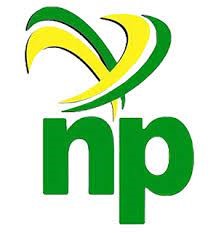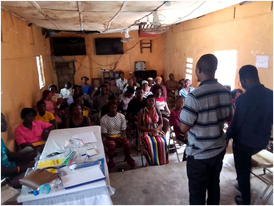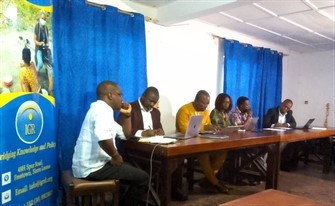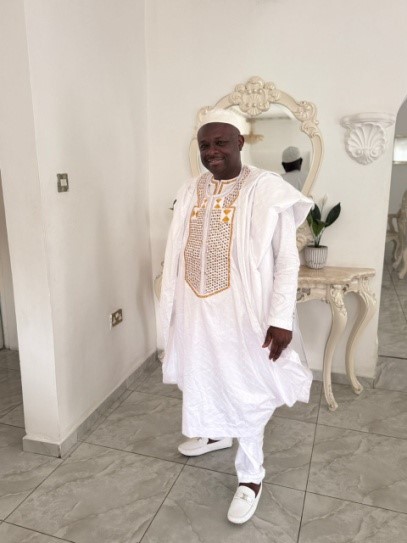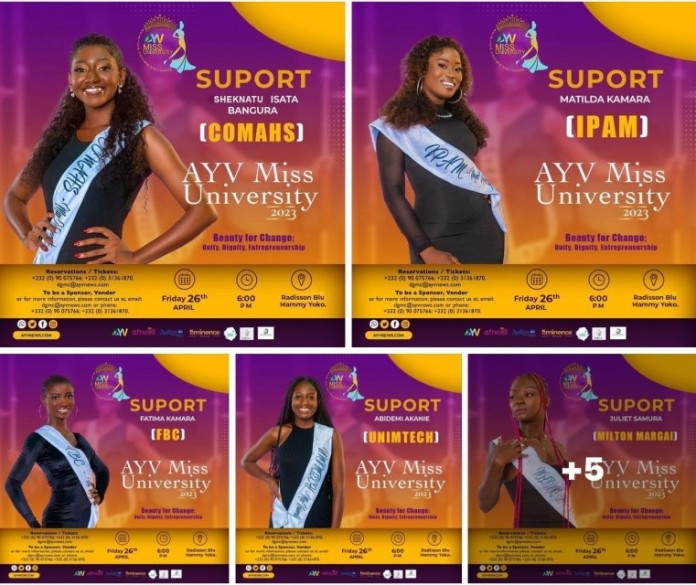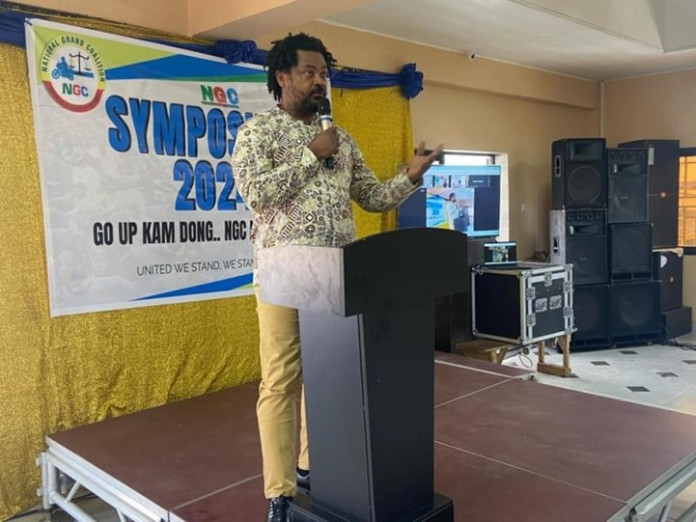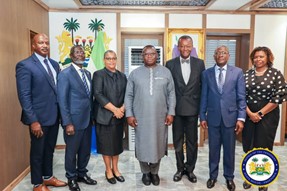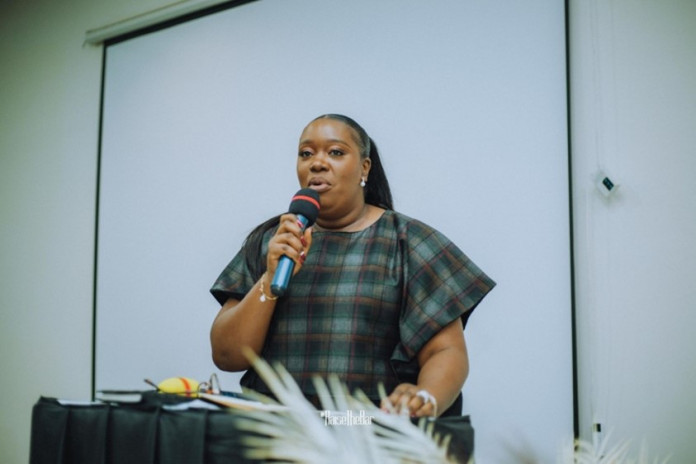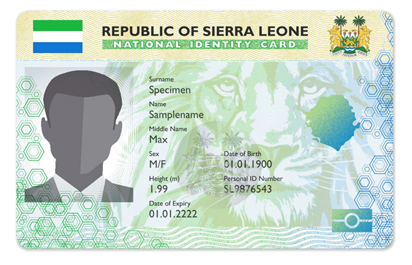By Amin Kef Sesay
In Sierra Leone’s dynamic petroleum industry, NP Sierra Leone Limited (NP-SL) emerges as a frontrunner, driving forward with significant contributions in the importation and marketing of diverse petroleum products. From gasoline and diesel to gas and lubricants, with the ever sought after, Castrol oil, NP-SL Ltd has solidified its position as a pivotal player in the nation’s energy arena.
Established in 1954, the company underwent privatization in 1996 and rebranded as NP (SL) Ltd in 2011, emphasizing its local ownership and operational framework. As a 100% indigenous company, NP-SL Ltd plays a crucial role in the supply chain, ensuring timely distribution of petroleum products across Sierra Leone.
The success of NP-SL Ltd is underpinned by its unwavering dedication to customer satisfaction and national development. With a mission to maintain a consistent supply of petroleum products throughout 2024, the company has become synonymous with reliability and efficiency.
At the core of NP-SL Ltd’s operations lies a customer-centric approach, offering a diverse array of high-quality petroleum products, including the coveted Castrol lubricant oil. Their Filling Stations, designed for customer comfort and accessibility, feature spacious layouts, attractive aesthetics, and integrated shopping marts for added convenience.
The company’s investment in calibrated pumping machines underscores its commitment to transparency and accurate fuel dispensation, earning praise and trust from its clientele.
NP-SL Ltd’s adherence to Sierra Leone’s Local Content Policy is commendable. By prioritizing the employment of Sierra Leoneans, the company actively contributes to poverty alleviation and economic growth, earning accolades from development economists as a model for leveraging indigenous resources effectively.
Among NP-SL Ltd’s flagship offerings, NP Gas stands out for its efficiency, environmental friendliness, and accessibility. The introduction of the NP Smart Card has revolutionized fuel transactions, providing customers with a secure and convenient cashless payment option.
A recent nationwide survey reaffirmed NP-SL Ltd’s exceptional reputation, dubbing it ‘1st For Customer Care.’ The company’s steadfast dedication to customer satisfaction has cemented its status as a paragon of exemplary service in Sierra Leone.
Expanding its reach beyond national borders, NP-SL Ltd has successfully established branches in Guinea, Liberia, Ivory Coast, and The Gambia, significantly contributing to local and regional socio-economic development.
In addition to its business accomplishments, NP-SL Ltd takes its Corporate Social Responsibility seriously, aligning with Government development initiatives and actively promoting societal well-being.
As NP-SL Ltd continues to thrive in the petroleum sector, it remains poised for further expansion and a continued positive impact on the communities it serves. With its rich history and unwavering commitment to excellence, NP-SL Ltd stands as a beacon of indigenous enterprise and a driving force for socio-economic progress in Sierra Leone’s energy landscape.

